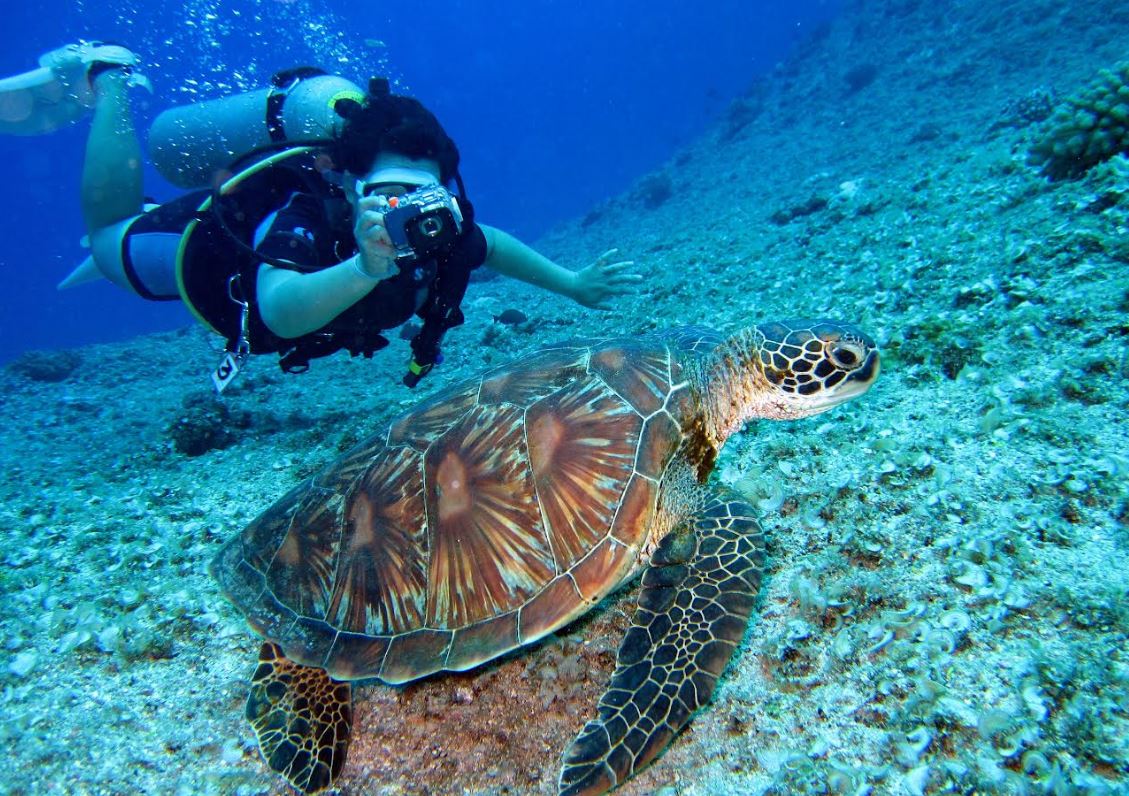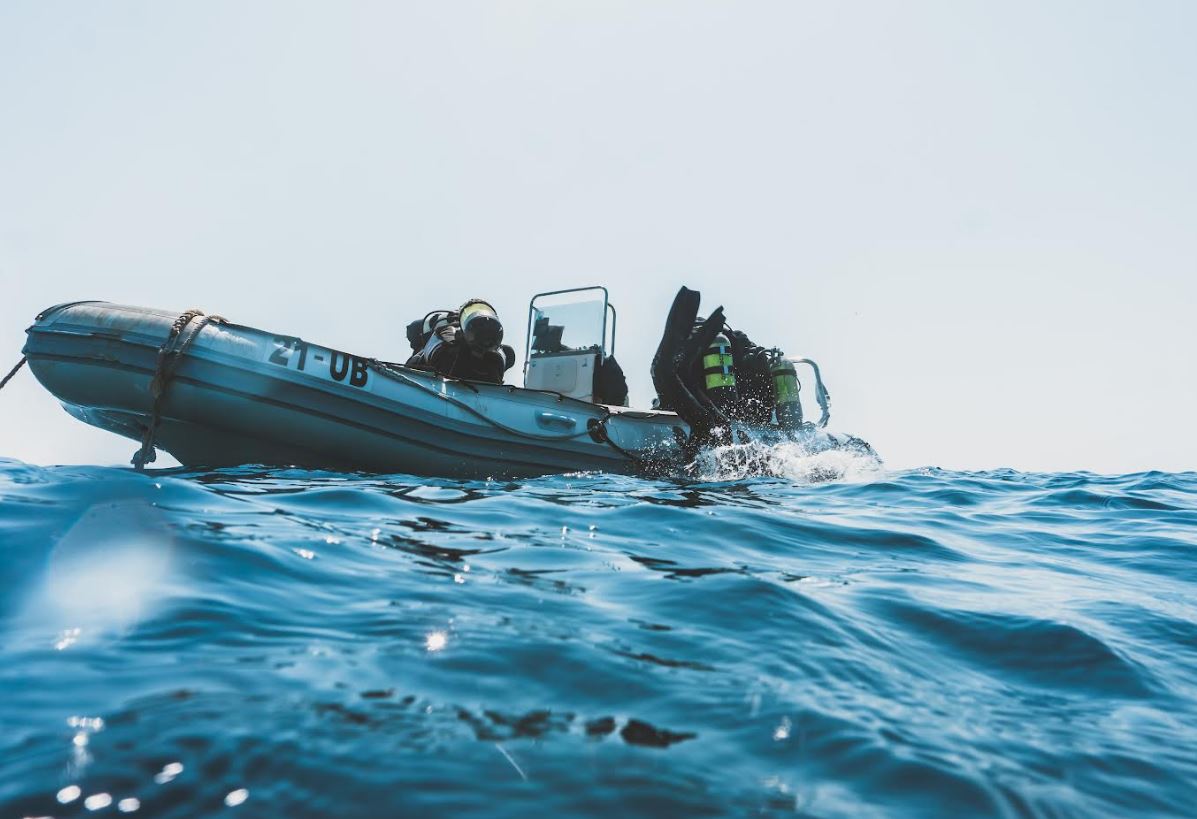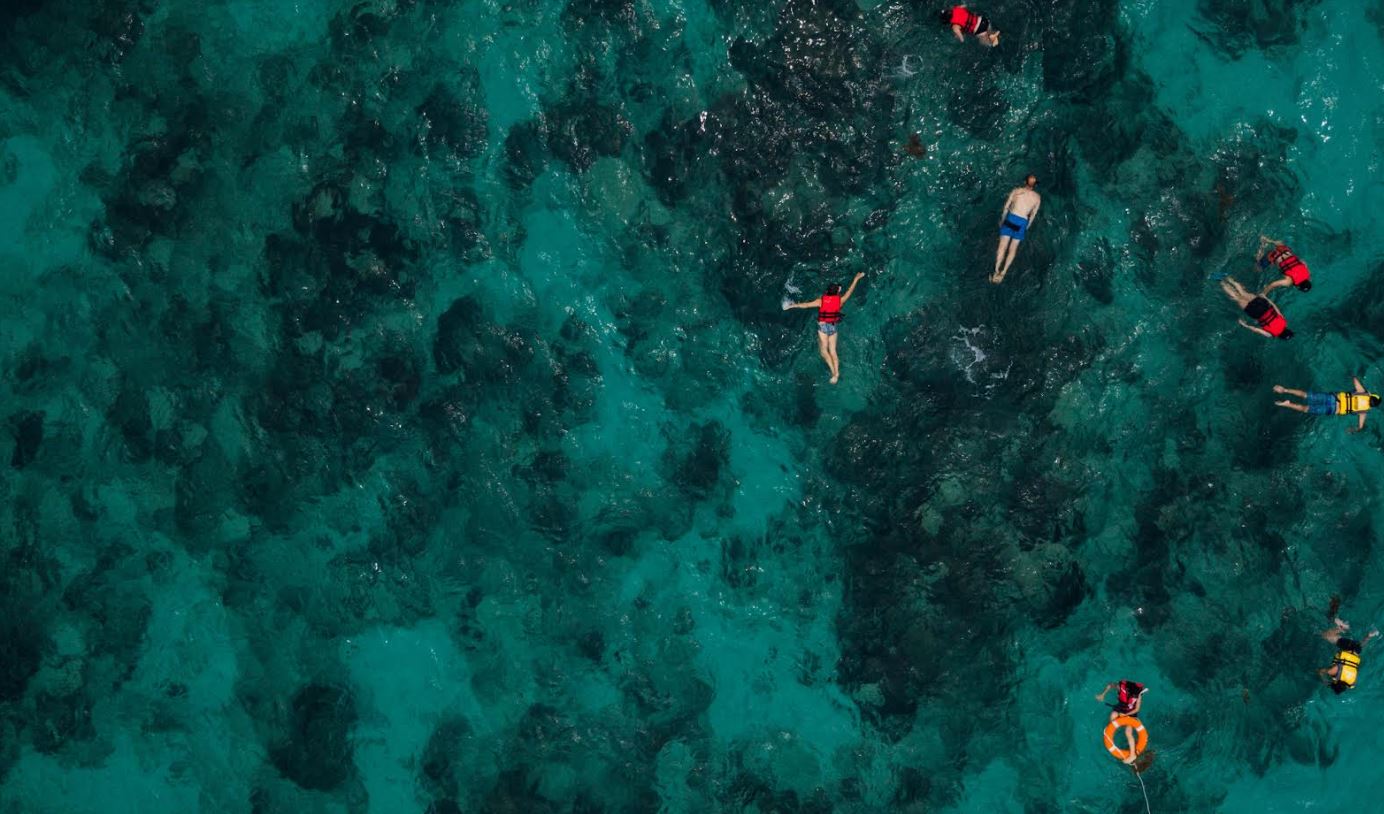 Scuba diving is the number one activity when you are vacationing in Kenya. But, how safe is this sport?
Scuba diving is the number one activity when you are vacationing in Kenya. But, how safe is this sport?
We’re going to get an in-depth look at how people can safely practice scuba diving and the do’s and don’ts when it comes to exploring the underworld.
Is scuba diving safe in Kenya?
Although Kenya’s waters are not as explored as others’, the Indian Ocean is a safe place to practice scuba diving. There are things to consider, such as season, safe spots, and proper instructors.
However, Kenya is renowned for its excellent diving business, and, therefore, here, you can find many instructors who are well-prepared to offer the best scuba diving experiences.
How common are scuba diving deaths?
Scuba diving is quite a safe sport, unlike others.
According to several studies, there are between 700-800 deaths annually from different reasons (exhaustion, drowning, heart failure, panic, inadequate training) while scuba diving.
Still, the odds of a diver getting bitten by a shark is 1 in 232588, as presented in the report made by casinoalpha.com.
The leading cause of death while scuba diving is drowning. However, according to Berkshire Hathaway Company, the average diver’s chance of mortality is very low, ranging exactly from 0.5 to 1.2 deaths per 100.000 dives.
Thus, we can say that scuba diving is actually not a very dangerous sport. Nonetheless, you still need to be careful and not overlook the rules.
Risks of scuba diving
Scuba diving is a safe activity as long as the rules are followed accordingly. You should not worry about being in danger if you have the proper gear and correct instructions.
Factors that cause accidents while scuba diving
* Medical problems – Factors like chronic diseases, heart and lungs problems or poor physical health can increase the risk of unpleasant experiences while scuba diving.
* Entrapment – Divers can get caught in fishing nets, caves, and wrecks if they explore unknown spots, derail from the diving spots, or if experienced scuba divers have not yet verified these places.
* Diving too deep – The risk of death increases as the diver goes deeper than 40 meters in the water.
* Running out of gas – The reason for this cause is not entirely clear, but running out of breathing gas is a dangerous encounter as people can lose their consciousness or even suffocate.
* Diving alone – According to Diving Medicine for Scuba Divers, 86% of diving fatality was caused by people diving alone or separated from their company.
Tips for practicing scuba diving safely
Plan ahead
There are a variety of authorized instructors in Kenya. Most tourists can opt to join the scuba diving lessons organized by their hotel. However, it is better to plan ahead for your scuba diving trip and not leave it until the last minute.
Research the best-reviewed operator and book the lesson early.
Follow the instructions
Before diving into the blue waters:
1. Pay attention to your instructor’s training, especially if you are a beginner.
2. Don’t dive if you consumed alcohol or any substances, or even if you have a congested nose.
3. Never dive alone, you need to be accompanied by your instructor or a diving buddy.
Check the equipment
Even though the instructors will make sure you are all set, it is best to check your equipment to ensure everything works properly, and you have nothing to worry about. If there are things you don’t understand how they are working, ask your instructor all the essential questions.
Reasons to pick scuba diving in Kenya
The climate is perfect for scuba diving
If you’re considering visiting Kenya soon, you need to know more about the climate, so you pick the perfect season.
Even though the climate is hot, many experts advise to visit Kenya in the months of November through March as during these months the water is very calm and clear.
Therefore, the months you should avoid visiting Kenya, especially if you want to try scuba diving, are April to May and even October to November as it rains a lot.
Depending on the season you pick, you’ll experience temperatures ranging from 25°C in August to 32°C in March.
Consider the water visibility
Even though scuba-diving is a year-long activity, you have to consider the visibility of the water. Thus, the perfect season for scuba diving in point of water visibility ranges from November to February. This is because the water temperature is excellent, and the waters are calmer.
Also, during these months you can spot the whale sharks and manta rays. However, the visibility is reduced between the months of July and August due to the windy sea.
So, be aware of these factors before booking your trip.
You’ll find the best diving spots
The underwaters of Kenya are entirely untouched and unexploited and are protected by the five designated Marine National Parks, which will offer you the most unforgettable diving experiences. Places such as Mombasa, Kisite, Watamu, Kisite, Malindi, and Kiunga offer their visitor the most incredible variety of reef diving.
You’ll stumble upon amazing coral reefs and shipwrecks
Unlike many other diving spots worldwide, which are known for abusive exploitation such as overfishing, bleaching, or boat anchors, the reefs in Kenya are intact.
All the way from the South Coast to the remarkable islands such as Lamu, the underwater world of Kenya offers a fantastic array of coral reefs and uncountable species of reef fish.
What makes Kenya a must-see location for all diving enthusiasts is that, unlike other places where you have to travel hours to reach the perfect diving spot, in Kenya, most dive spots are 15 minutes away (or less) from the dive boat launch sites.
You won’t have to spend much of your day looking around for the safest place where you can dive.
Sum Up
Scuba diving is a very popular sport, especially in exotic places like Kenya. Suppose you are interested in giving scuba diving a try.
In that case, you have not much to worry about as long as you practice this sport in a safe environment while following proper training from authorized instructors.










